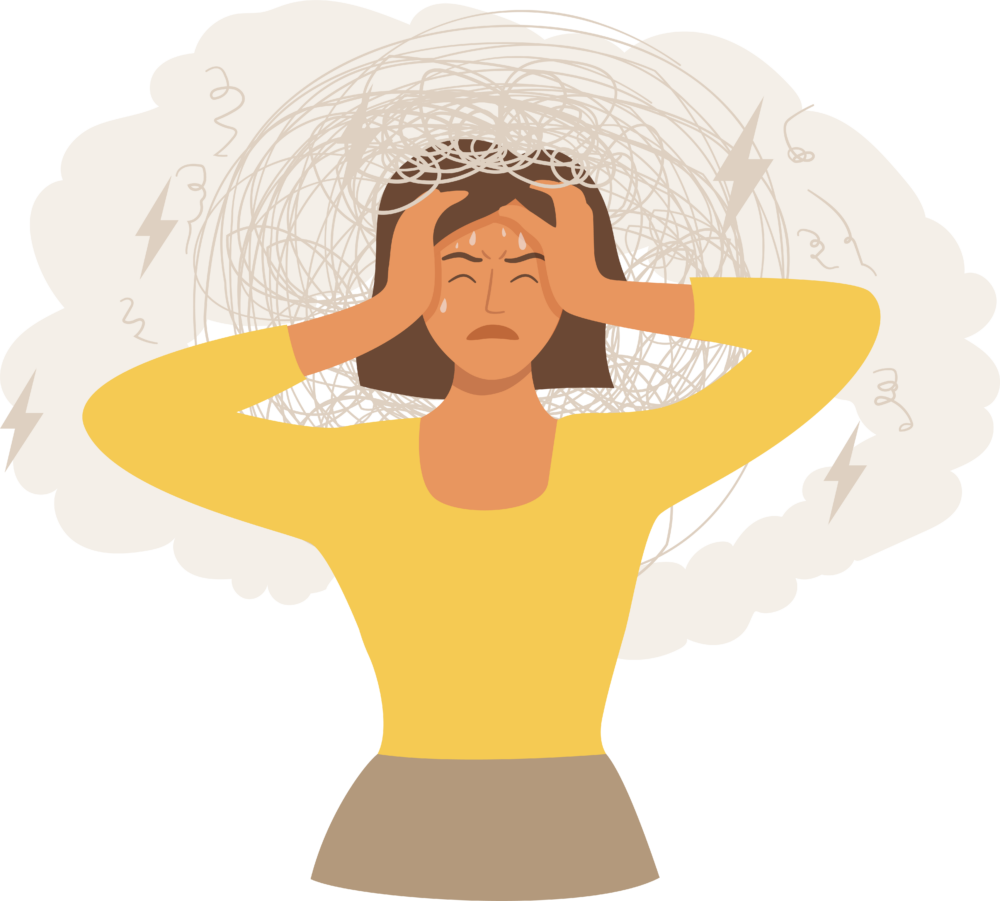Negative emotions often get a bad rap. Functions of negative emotions are useful. They’re the ones we’re taught to avoid, suppress, or quickly overcome in pursuit of happiness. But what if we’re missing the point? What if negative emotions serve a purpose beyond just making us feel bad? In fact, research suggests that these emotions play essential roles in our daily lives and mental well-being. Understanding these functions can lead to healthier emotional lives and greater resilience in the face of life’s challenges.
1. Signaling Alarm
Negative emotions like fear, anxiety, and sadness often act as internal alarms, signalling that something isn’t right. Fear alerts us to potential threats, prompting us to take action to protect ourselves. Anxiety can serve as a signal that we need to prepare for upcoming challenges. Sadness may indicate loss or unmet needs, signalling it’s time to seek support or change our lives. Ignoring these signals can lead to more significant problems down the road.
2. Motivating Action
Negative emotions can be powerful motivators for change. For example, frustration can push us to overcome obstacles, while guilt can drive us to make amends for our actions. Anger can fuel activism and social change, channelling energy into constructive outlets. We can harness their energy to drive personal growth and positive change by acknowledging and understanding these emotions.
3. Building Resilience
Experiencing and coping with negative emotions builds resilience—the ability to bounce back from adversity. Each time we navigate through difficult feelings, we develop skills and strategies for coping with future challenges. Over time, this resilience can help us weather life’s storms with greater ease and grace.
4. Fostering Connection
Negative emotions can also deepen our connections with others. Sharing our struggles and vulnerabilities can create bonds of empathy and understanding. When we allow ourselves to be open and authentic about our emotions, we invite others to do the same, fostering more profound, more meaningful relationships.
5. Promoting Self-Reflection
Negative emotions prompt us to reflect on our thoughts, beliefs, and behaviours. When we feel sad, anxious, or angry, we must examine what’s causing these feelings and how we might respond. This process of self-reflection can lead to greater self-awareness and personal growth.
6. Enhancing Emotional Agility
Emotional agility—adapting to changing emotional circumstances—is a key component of mental health. Negative emotions provide opportunities to practice emotional agility by learning to acknowledge, accept, and regulate our feelings effectively. By developing this skill, we become better equipped to navigate life’s ups and downs with resilience and grace.
Conclusion
Negative emotions are an inevitable part of the human experience but are far from useless. When we understand the functions that negative emotions serve in our lives, we can embrace them as valuable tools for growth and self-discovery. By learning to navigate and harness the power of these emotions, we can cultivate greater resilience, deeper connections, and overall well-being. So let’s reframe our perspective and recognize the upside of down—negative emotions are not enemies to be defeated but allies to be understood and embraced on the journey toward mental health and fulfillment.
Ready to begin? Start your online therapy journey today. Book your first session now.




